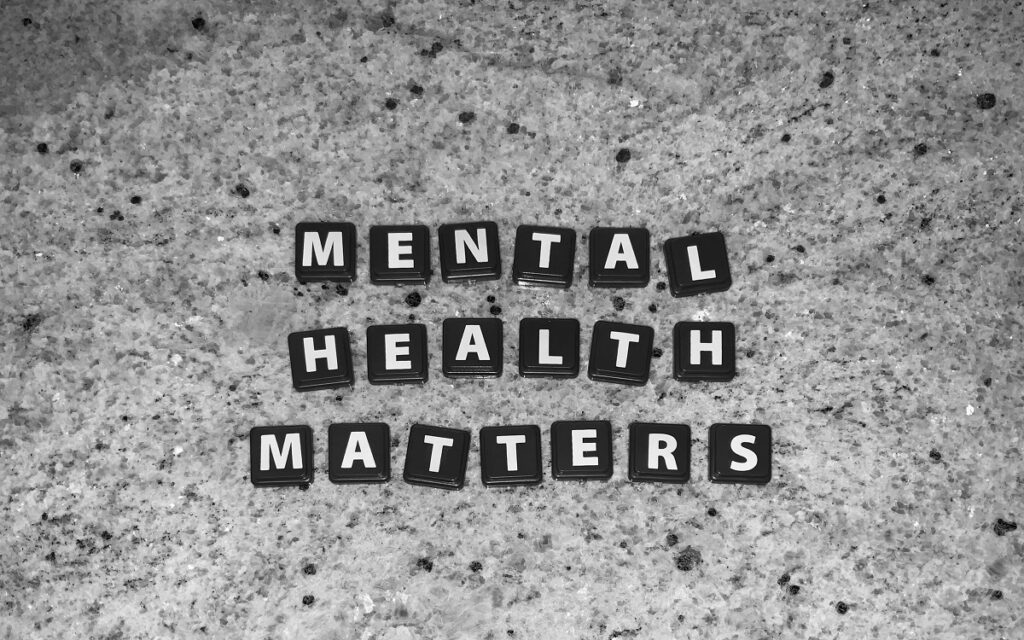Chronic Pain
Chronic pain is defined as persistent or recurring pain that lasts for an extended period, typically lasting for at least three to six months. Unlike acute pain, which serves as a warning sign of injury or illness, chronic pain persists beyond the normal healing process. Chronic pain can be caused by various conditions or underlying factors, such as, injury or trauma, medical condition, inflammation, or structural abnormalities. Living with chronic pain can have significant physical, emotional, and social impacts.
Psychotherapy for Chronic Pain
Mental health therapy can play a crucial role in managing chronic pain by addressing the psychological and emotional aspects of pain. With chronic pain comes chronic fatigue. Chronic fatigue is where one tends to feel emotionally, mentally, and physically drained in all aspects of life (i.e., school, work, social life etc.), leading to cycles of grief (e.g., anger, frustration), anxiety and depression. Therapy provides a safe space to express these emotions and receive emotional support from a trained professional.

Mental Health Issues Impact Chronic Pain
Chronic pain is often associated with underlying mental health conditions such as depression, anxiety, or trauma. Chronic pain can also be exacerbated by stress, which can increase muscle tension and make pain feel more intense. Therapy can help identify and address these underlying issues, which may contribute to the experience and perception of pain. Therapy can also boost support to manage heightened and ongoing stressors of surviving and overcoming challenges of living with chronic pain. Whether the pain is visible or invisible in nature, stress reduction techniques and mindfulness skills help one better manage stress levels. The skills compassionately address the person, their situation, and their perception of pain in a holistic, empathetic manner. In turn, the practice may reduce the severity levels of pain, improve self-esteem, and inspire hope.
Cognitive-Behavioral Therapy (CBT)
CBT is an evidence-based therapy approach that can be effective in managing chronic pain. It helps individuals identify and challenge negative thought patterns and beliefs about pain, replacing them with more positive and adaptive thoughts. CBT also focuses on behavior change, promoting healthy habits and activities to decrease pain and improve daily functioning.
Improving Quality of Life
You are not alone in your journey with chronic illness and chronic pain, and our therapists are here to provide you with support and guidance. Coping with these conditions can be immensely challenging, both physically and emotionally, but together, we can work on strategies to improve your quality of life and overall well-being. Managing chronic illness and pain is not a one-size-fits-all process, and our approach will be tailored to your unique needs and goals. We’ll explore various coping techniques, such as mindfulness, managing emotions, and pain management strategies, to help you regain a sense of control over your life. Additionally, we will address the emotional toll that chronic conditions can take, helping you navigate feelings of frustration, anxiety, and depression. Our goal is to empower you to live a fulfilling and meaningful life despite the challenges you face, and we will work together to restore a sense of control and purpose in your life, despite living with chronic pain.
Mental health therapy is typically used as part of a comprehensive treatment plan for chronic pain and should be implemented in collaboration with medical professionals. Integrating the physical and psychological aspects of pain management can lead to better outcomes and an improved quality of life for individuals living with chronic pain.

